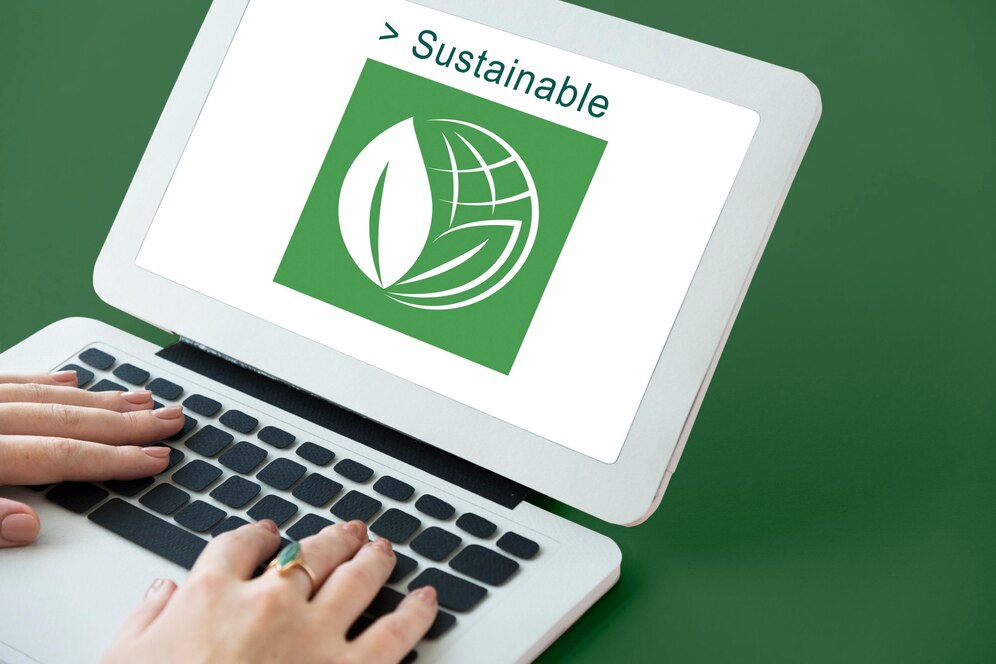In recent years, Sustainability certifications is important in the sugar industry, reflecting a growing commitment to environmental and social responsibility. These certifications provide assurance to consumers and stakeholders that sugar sources meets certain ethical and environmental standards. We will explore the significance of sustainability certifications in sugar sourcing, including certifications, their procurement advantages, and ethical considerations. This also includes market preferences, and the value they bring to brands committed to sustainability.
Certification Types
Sustainability certifications in sugar sourcing come in various types, each with its own set of criteria and standards. Common certifications include Fair Trade, Rainforest Alliance, Bonsucro, and Organic certifications. Fair Trade certification ensures that sugar is sourced from producers who adhere to fair labor practices and environmental sustainability standards. Rainforest Alliance certification focuses on biodiversity conservation, worker welfare, and community development. Bonsucro certification emphasizes sustainable sugarcane production practices. Organic certification guarantees that sugar is produced without synthetic chemicals or genetically modified organisms (GMOs).
Procurement Advantages
The primary advantages of sourcing sugar is the assurance of ethical and sustainable practices throughout the supply chain. By partnering with certified suppliers, businesses can demonstrate their commitment to corporate social responsibility (CSR) and environmental stewardship. Additionally, sourcing certified sugar may mitigate reputational risks associated with unethical sourcing practices and enhance brand credibility and trust among consumers who prioritize sustainability.
Ethical Considerations
Sustainability certifications in sugar sourcing address various ethical considerations, including fair wages, safe working conditions, and respect for human rights. These certifications often require suppliers to adhere to labor standards established by international organizations such as the International Labour Organization (ILO) and the United Nations Universal Declaration of Human Rights. By ensuring that sugar is sourced ethically, certifications contribute to the promotion of social justice and support for vulnerable communities in sugar-producing regions.
Market Preference
Consumers are increasingly seeking products that align with their values, including sustainability and ethical sourcing. As a result, there is a growing preference for certified sustainable products in the market. Surveys and studies have consistently shown that consumers are willing to pay a premium for products that are certified as sustainable. By offering certified sugar products, businesses can tap into this consumer demand, differentiate themselves from competitors, and capture market share in the growing sustainable products segment.
Brand Value
Sustainability certifications can enhance the value of a brand by signaling its commitment to sustainability and responsible business practices. Brands that prominently display sustainability certifications on their packaging and marketing materials can strengthen their brand image and attract environmentally conscious consumers. Moreover, sustainability certifications can help build long-term relationships with customers who value transparency and authenticity, fostering brand loyalty and repeat purchases.
Conclusion
In conclusion, sustainability certifications play a vital role in sugar sourcing by ensuring ethical and sustainable practices and meeting the growing demand for responsibly sourced products. Businesses that prioritize sustainability certifications in their procurement processes can benefit from enhanced brand reputation, market differentiation, and consumer trust. By partnering with certified suppliers and embracing sustainable sourcing practices, businesses can contribute to positive social and environmental impacts while securing a competitive advantage in the market. To learn more about the role of sugar brokers in procurement processes, read our blog post on the role of sugar brokers in procurement processes. Additionally, for insights into innovative approaches to sugar procurement, check out our blog post on innovative approaches to sugar procurement.

